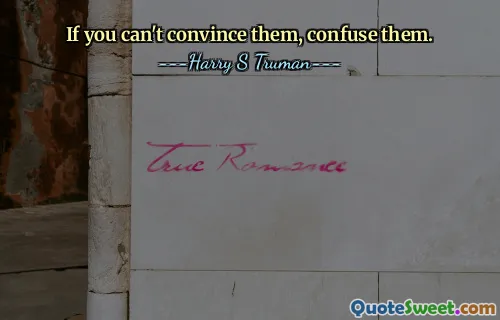Harry S. Truman served as the 33rd president of the United States from 1945 to 1953, taking on a critical role in the post-World War II era. He succeeded Franklin D. Roosevelt and faced significant challenges, including the decision to drop atomic bombs on Japan, which led to the end of the war. Truman's leadership style was characterized by a straightforward approach, and he often emphasized accountability and decisiveness in his administration. During his presidency, Truman implemented the Marshall Plan, which was vital for European recovery after the war. He also established the Truman Doctrine, aimed at containing communism by providing political, military, and economic assistance to countries resisting Soviet influence. His policies significantly shaped U.S. foreign relations in the early Cold War period, making the U.S. a central figure in global geopolitics. Truman's presidency also saw domestic challenges, such as civil rights issues and strikes in various sectors. He was often at odds with Congress, particularly over issues such as civil rights and labor legislation. Despite facing disapproval at times, Truman remains an influential figure, known for his courageous decisions during a transformative period in American history.
Harry S. Truman was born on May 8, 1884, in Lamar, Missouri. He experienced a modest upbringing and later developed a strong sense of duty and service, which guided his political career. Before becoming president, he served as a U.S. senator and was known for his work on the Truman Committee, which investigated wartime spending.
Truman's presidency was marked by both foreign and domestic challenges. His determination to support a free world against communism became a hallmark of his administration. He was known for his belief that it was crucial to act swiftly and decisively in the face of threats, both abroad and at home.
After leaving the presidency, Truman returned to Independence, Missouri, where he remained active in public life. He maintained a reputation for integrity and came to be regarded as one of the more effective U.S. presidents, particularly as historians reassessed his legacy over the years.
查看更多 »
Today Birthdays
1955 -
Max Lucado
1946 -
John Piper
1842 -
William James
1907 -
Abraham Joshua Heschel
1887 -
Aldo Leopold
1755 -
Alexander Hamilton
1976 -
Alethea Kontis
1971 -
Mary J. Blige
1825 -
Bayard Taylor
1943 -
Jim Hightower
1885 -
Alice Paul
1923 -
Carroll Shelby
1928 -
David L. Wolper
1954 -
Kailash Satyarthi
1972 -
Amanda Peet
1946 -
Naomi Judd
1970 -
Malcolm D. Lee
1955 -
Christian Marclay
1973 -
Rahul Dravid
1987 -
Jamie Vardy
1942 -
Clarence Clemons
1992 -
Fatima Sana Shaikh
1948 -
Larry Harvey
1930 -
Rod Taylor
查看更多 »
